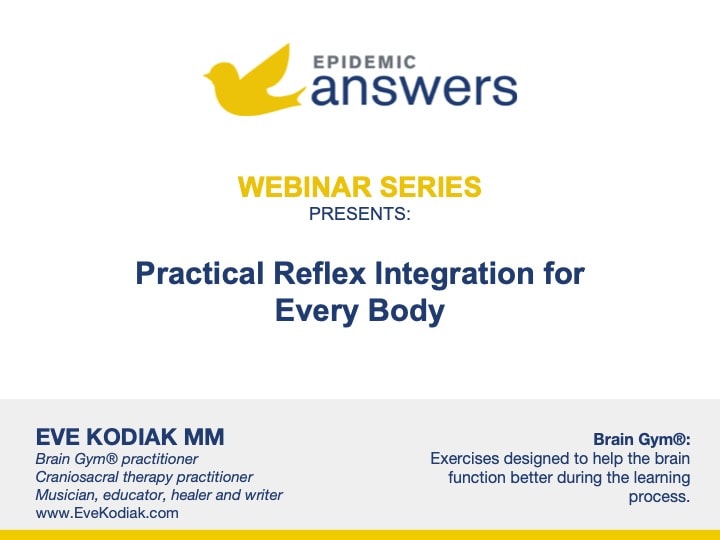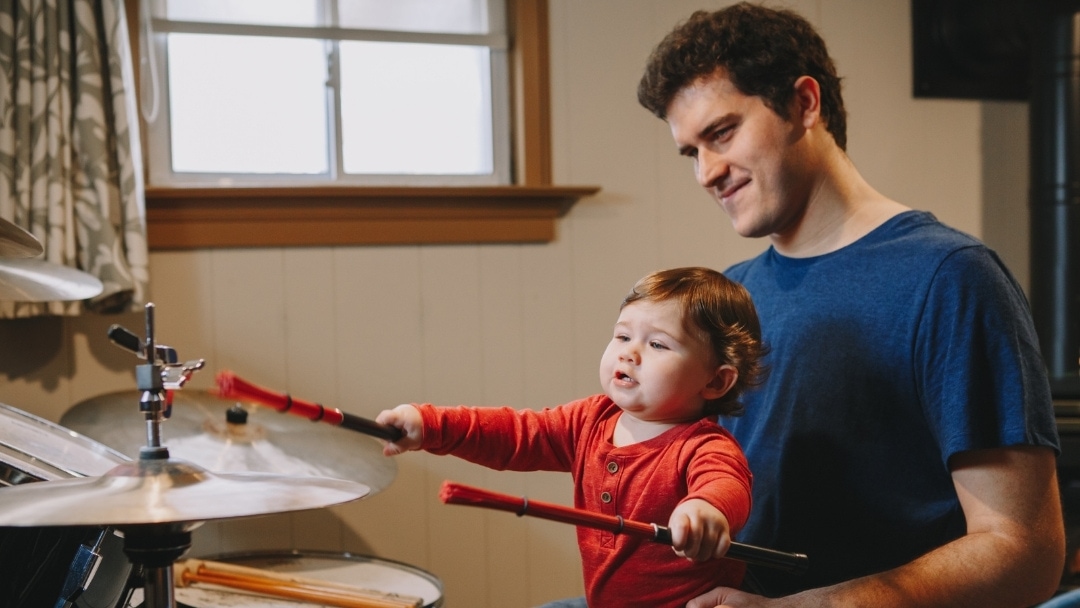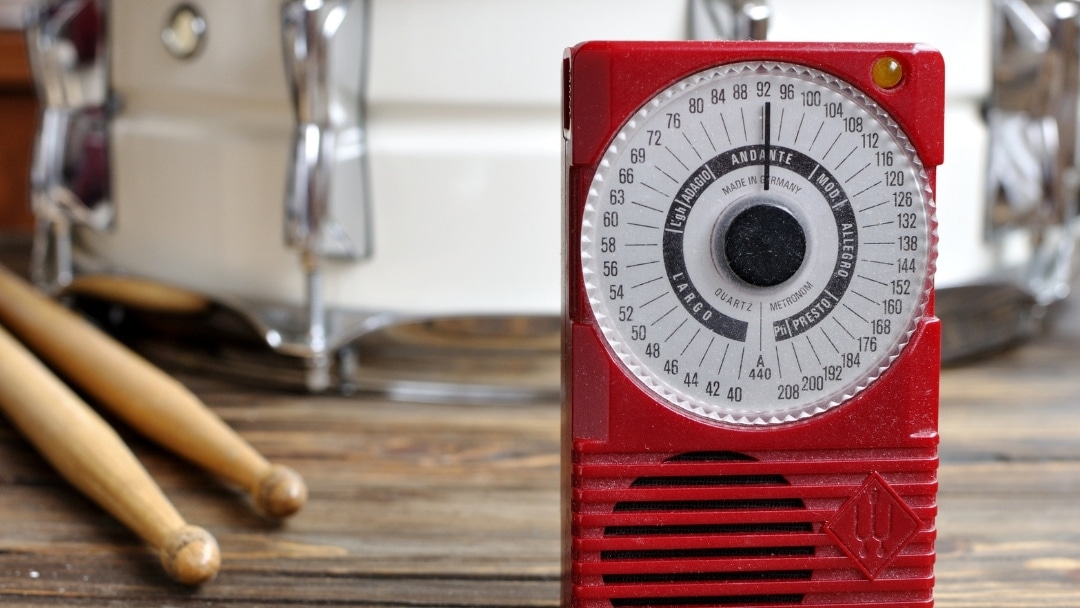Children of all ages and abilities can benefit from music therapy as music is the great communicator and the greatest motivator. Hans Christian Anderson once said “where words fail, music speaks.” Music is the universal language for all children because it’s just so engaging and so powerful.
One of the most unique features of music is that it is processed in both the right and left hemispheres of the brain. The Cognitive Neuroscience of Music, a book that details the scientific study of brain-based mechanisms involved in the cognitive processes with music, shows that when making music, the following systems are all firing at once:
- Sensory
- Auditory
- Visual
- Prefontal
- Motor cortexes
- Cerebellum
- Amygdala
- Hippocampus
A symphony in the brain!
Music therapy offers a variety of multi-sensory experiences which are particularly beneficial to all children but especially children with sensory processing difficulties. Music therapy powerfully engages the tactile, kinesthetic, auditory and visual systems. Certified music therapists provide a multi-sensory experience by using many different types of instruments which stimulate the auditory, visual, tactile, proprioceptive and vestibular senses.
Music therapy also provides a therapeutic stimulus for children that supports and bridges the connection between speech and singing, rhythm and motor behavior and memory for songs and memory for language processing. In addition, music therapy is consistently able to improve the mood, attention and behaviors which ultimately create a much better environment for learning.
- Calming
- Enhance cognitive functioning and memory
- Improve speech and language comprehension and verbal ability
- Encourage communication attempts (vocalization, verbalization and gestures, word vocabulary)
- Increase gross and fine motor (sensory motor) skills
- Heighten body awareness and coordination
- Increase focus and concentration skills
- Reduce anxiety and manage stress
- Alleviate pain and decrease agitation
- Encourage social interaction and bonding
- Decrease self-stimulation and negative behaviors
- Improve self-esteem and self-expression
- Enhance auditory processing
Even the unborn child benefits by listening to Mozart music in utero. Find a certified music therapist in your area.
Still Looking for Answers?
Visit the Epidemic Answers Practitioner Directory to find a practitioner near you.
Join us inside our online membership community for parents, Healing Together, where you’ll find even more healing resources, expert guidance, and a community to support you every step of your child’s healing journey.
Sources & References
Amos, P. Rhythm and timing in autism: learning to dance. Front Integr Neurosci. 2013 Apr 19;7:27.
Barnhill, E. Neural connectivity, music, and movement: a response to Pat Amos. Front Integr Neurosci. 2013 Apr 24;7:29.
Hardy, M.W., et al. Rhythm, movement, and autism: using rhythmic rehabilitation research as a model for autism. Front Integr Neurosci. 2013 Mar 28;7:19.
Hong, H.J., et al. Effect of Rhythmic Movement Program to Improve Walking Ability for Elderly Patients with Stroke. Indian Journal of Science and Technology. 2016 Jul;9(26).
Kadivar, Z., et al. Effect of step training and rhythmic auditory stimulation on functional performance in Parkinson patients. Neurorehabil Neural Repair. 2011 Sep;25(7):626-35.
Ladányi, K. et al. Is atypical rhythm a risk factor for developmental speech and language disorders? Wiley Interdiscip Rev Cogn Sci. 2020 Sep;11(5):e1528.
Lakatos, P., et al. A New Unifying Account of the Roles of Neuronal Entrainment. Curr Biol. 2019 Sep 23;29(18):R890-R905.
Suh, J.H., et al. Effect of rhythmic auditory stimulation on gait and balance in hemiplegic stroke patients. NeuroRehabilitation. 2014;34(1):193-9.
Van Hirtum, T., et al. Is atypical rhythm a riskfactor for developmental speech and language disorders? J Assoc Res Otolaryngol. 2021 Jul;22(4):465-480.
Winkler, I., et al. Newborn infants detect the beat in music. Proc Natl Acad Sci U S A. 2009 Feb 17;106(7):2468-71.
Zentner, M., et al. Rhythmic engagement with music in infancy. Proc Natl Acad Sci U S A. 2010 Mar 30;107(13):5768-73.
Resources
Peretz, Isabelle and Zatorre, Robert. The Cognitive Neuroscience of Music. Oxford University Press, 2003.




